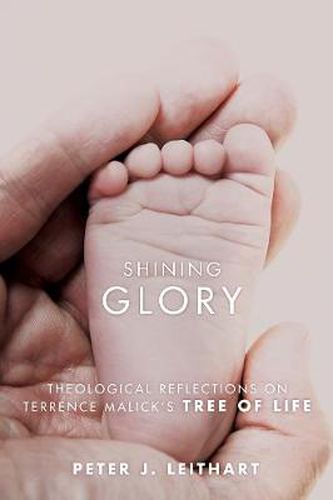Readings Newsletter
Become a Readings Member to make your shopping experience even easier.
Sign in or sign up for free!
You’re not far away from qualifying for FREE standard shipping within Australia
You’ve qualified for FREE standard shipping within Australia
The cart is loading…






This title is printed to order. This book may have been self-published. If so, we cannot guarantee the quality of the content. In the main most books will have gone through the editing process however some may not. We therefore suggest that you be aware of this before ordering this book. If in doubt check either the author or publisher’s details as we are unable to accept any returns unless they are faulty. Please contact us if you have any questions.
Terrence Malick’s stunning film The Tree of Life is a modern Job story, an exploration of suffering and glory, an honest look at strife within a Texas family in the 1950s. In Shining Glory, Peter J. Leithart examines the biblical and theological motifs of the film and illuminates how Malick exploited the visual poetry of film to produce one of the most spiritually challenging and theologically sophisticated films ever made.
$9.00 standard shipping within Australia
FREE standard shipping within Australia for orders over $100.00
Express & International shipping calculated at checkout
This title is printed to order. This book may have been self-published. If so, we cannot guarantee the quality of the content. In the main most books will have gone through the editing process however some may not. We therefore suggest that you be aware of this before ordering this book. If in doubt check either the author or publisher’s details as we are unable to accept any returns unless they are faulty. Please contact us if you have any questions.
Terrence Malick’s stunning film The Tree of Life is a modern Job story, an exploration of suffering and glory, an honest look at strife within a Texas family in the 1950s. In Shining Glory, Peter J. Leithart examines the biblical and theological motifs of the film and illuminates how Malick exploited the visual poetry of film to produce one of the most spiritually challenging and theologically sophisticated films ever made.